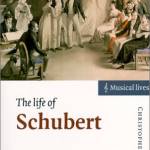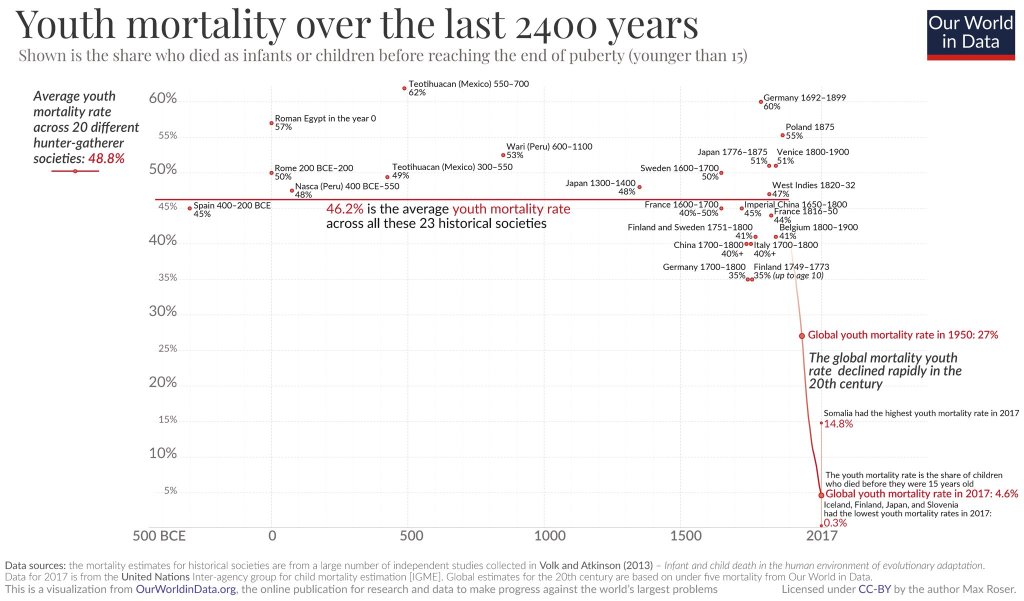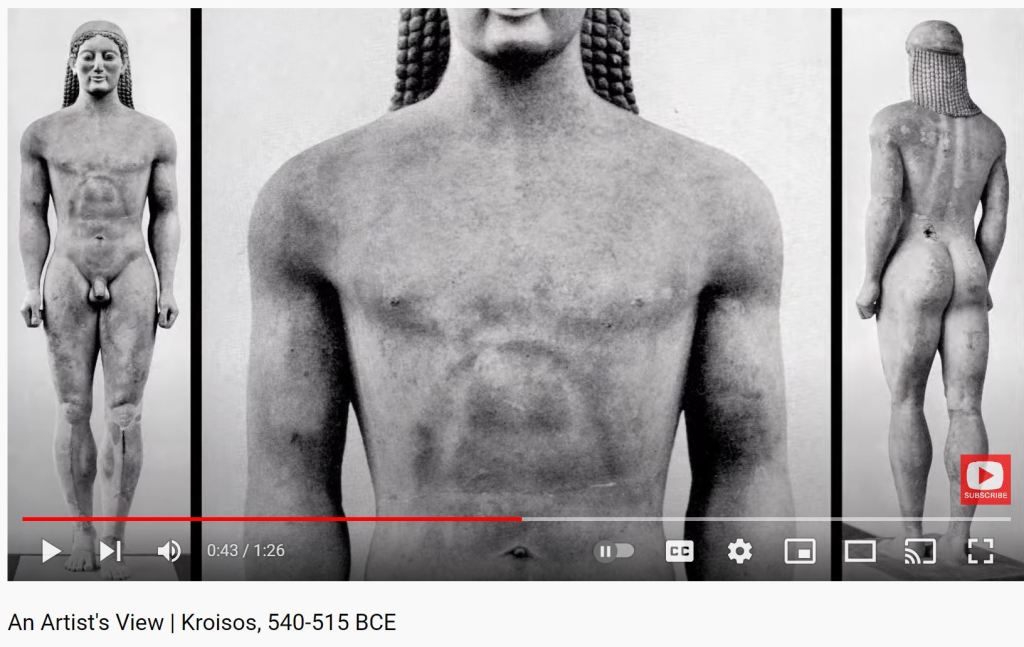Reprising this post about the early death of Franz Schubert, the great lyrical composer of the early nineteenth century. He died at age 31. While his music is usually too melancholy for my taste, what a sadness.

Franz was lucky to get that many years. Biographer Christoper Gibbs reports that Schubert’s parents had fourteen children and “nine of their fourteen children died in infancy.” That’s from The Life of Schubert (Cambridge University Press, 2000, p. 23).
The death rate for infants was appallingly high before the twentieth century, as it was even for those who survived to adulthood.
Among musicians, here’s a partial list: Mozart died at 35, Carl Maria von Weber died of tuberculosis at age 40. Bellini died at 36, Chopin at 39, Bizet at 34, Glinka died after a cold at age 52, Mendelssohn at 38, Mussorgsky at 52, Schumann at 46, and Tchaikovsky died at age 53, most likely of cholera.
What a carnage.

Another reason to be thankful for the Enlightenment.
Related: Newberry short commentaries on the great works in art history:

ah, his momento musicale in F minor is great, despite its being destroyed by ringtones
also the ave maria and some sonata in D minor which name i cant remember now
Tchaikovsky: according to the Anthony Holden biography, his “friends” forced him to commit suicide by threatening to expose his homosexuality to the Tsar unless he did so. The symptoms of arsenic poisoning are very similar to those of cholera, and he extracted promises from his brother, his doctors and other intimates the solemn promise to persuade the world he was a victim of cholera. It took him four agonizing days to die.